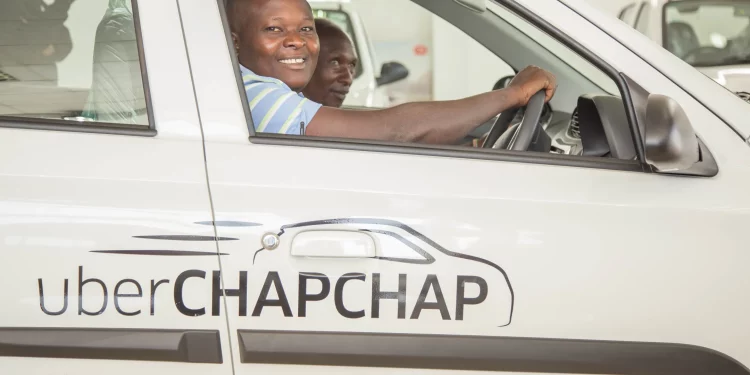Uber has announced a 10% increase in ride charges across Kenya, responding to growing pressure from drivers who have been protesting over low fares. The ride-hailing giant confirmed that the new pricing structure would apply to all its services, including Uber Chap Chap, as part of an effort to address drivers’ concerns about the economic viability of their work.
For weeks, drivers using platforms like Uber and Bolt have expressed dissatisfaction with the low rates set by these apps. They argue that the high cost of living, coupled with significant commissions taken by the apps, has made it increasingly difficult to sustain their businesses. Some drivers have even resorted to demanding additional payment from riders, beyond what is shown on the app, to compensate for their losses.
Imran Manji, Uber’s Head of East Africa, addressed the situation, stating, “Effective today, we’ve finished our calculations. We first had to analyse the prices, look at the data, and speak to drivers with whom we have round tables almost every week. We’ve finished our analysis and now we have increased our prices on all our products.”
Manji also noted adjustments to the minimum fare for short trips, highlighting that the minimum fare for Uber Chap Chap will now be KES 220, up from the previous KES 200. Despite this increase, some drivers remain dissatisfied, as their initial demands included a minimum fare of KES 300 for all trips—a request that Uber has yet to meet.
Uber emphasized that its pricing mechanism considers multiple factors, including the minimum fare, starting fare, fare per kilometer, and fare per minute. As the new fares take effect, the company will monitor driver reactions closely.
Manji urged passengers to report any instances where drivers attempt to negotiate fares higher than those listed in the app. “We hope that this behaviour of price negotiation will now stop. We encourage all passengers that if they find themselves subject to that to please report it to us directly or in the app,” he added.


















